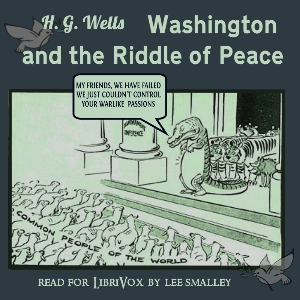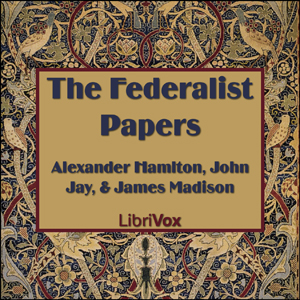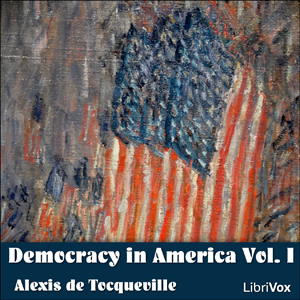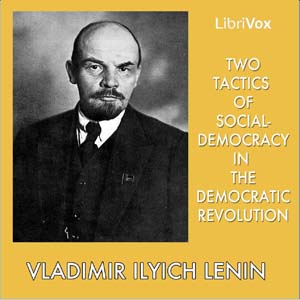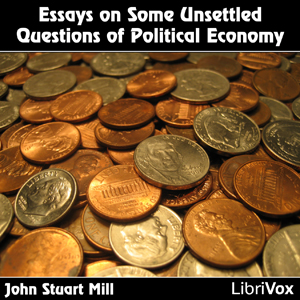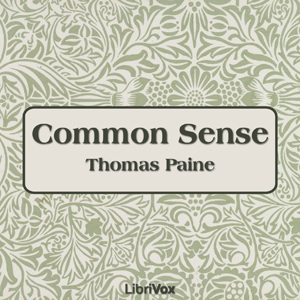- Introduction, and The Immensity of the Issue and the Triviality of Men
- Armaments the Futility of Mere Limitation
- The Trail of Versailles Two Great Powers Are Silent and Absent
- The Unknown Soldier of the Great War
- The President at Arlington
- The First Meeting
- What Is Japan?
- China in the Background
- The Future of Japan
- 'Security'—the New and Beautiful Catchword
- France in the Limelight
- Thus Far
- The Larger Question behind the Conference
- The Real Threat to Civilization
- The Possible Breakdown of Civilization
- What of America?
- Ebb Tide at Washington
- America and Entangling Alliances
- An Association of Nations
- France and England—the Plain Facts of the Case
- A Reminder about War
- Some Stifled Voices
- India, the British Empire and the Association of Nations
- The Other End of Pennsylvania Avenue—the Sieve for Good Intentions
- Africa and the Association of Nations
- The Fourth Plenary Session
- About the War Debts
- The Foundation Stone and the Building
- What a Stably Organized World Peace Means For Mankind
As an observer at the WASHINGTON CONFERENCE FOR THE LIMITATION OF ARMAMENTS held in 1921 and attended by the victorious nations of The Great War, the acclaimed author H. G. Wells wrote 29 short essays that were serialized in the New York World and other newspapers. This book is a collection of those essays. They are not a record or description of the Conference, but the impressions of one visitor. Wells noted that the failed League of Nations was the first American initiative toward an organized world peace, and in its absence “the American mind has produced this second experiment, which has been tried with the loosest of constitutions and the most severely defined and limited of aims. Instead of a world constitution we have had a world conversation.”
The essays relate “one observer’s conviction of how things can be done, and of how they need to be done, if our civilization is indeed to be rescued from the dangers that encompass it and set again upon the path of progress.” While history would not bear out all of Wells’ various expressions of optimism and pessimism, his vision of world peace nevertheless remains relevant today. ( Lee Smalley)
The essays relate “one observer’s conviction of how things can be done, and of how they need to be done, if our civilization is indeed to be rescued from the dangers that encompass it and set again upon the path of progress.” While history would not bear out all of Wells’ various expressions of optimism and pessimism, his vision of world peace nevertheless remains relevant today. ( Lee Smalley)
There are no reviews for this eBook.
There are no comments for this eBook.
You must log in to post a comment.
Log in

